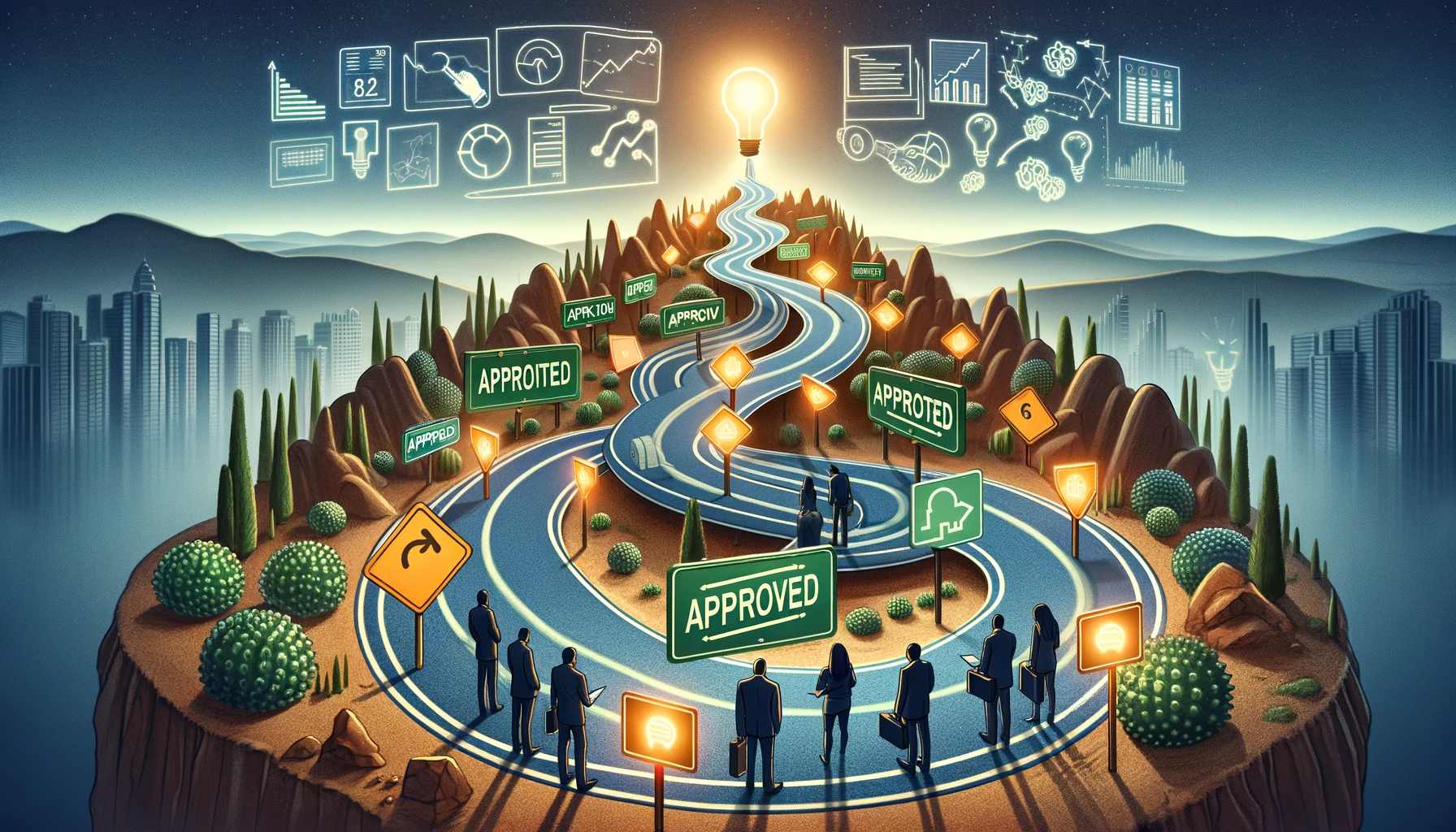European Innovation Council (EIC) 2024 Work Programme This comprehensive document details the EIC’s strategic approach, funding opportunities, and support services for groundbreaking innovations and technologies in various fields. Introduction and Overview (Pages 5-6): Start with the introduction and overview sections to gain a foundational understanding of the EIC’s goals, key performance indicators, and an outline of the 2024 Work Programme. This will provide context for the rest of the document. EIC Pathfinder (Pages 22-49): If you’re interested in advanced research with the potential to develop breakthrough technologies, the EIC Pathfinder section is essential. It covers the EIC Pathfinder Open and Pathfinder Challenges, offering insights into the types of projects supported, application criteria, and support available. EIC Transition (Pages 49-60): For those looking to translate advanced technologies into marketable innovations, the EIC Transition section is highly relevant. It details support for bringing these technologies closer to market readiness. EIC Accelerator (Pages 60-96): If you’re focused on start-ups or SMEs with innovative technologies ready for scaling, the EIC Accelerator section is crucial. It provides information on how the EIC supports market-creating innovations, including funding and investment details. EIC Business Acceleration Services (Pages 96-100): This section is valuable for understanding the additional support offered by the EIC, including coaching, mentoring, and networking opportunities. EIC Prizes (Pages 100-113): This part details various innovation prizes, providing opportunities for additional recognition and funding. Glossary (Pages 16, 806-835): Finally, the glossary offers clear definitions of terms and concepts used throughout the document, ensuring a comprehensive understanding of the content. Each of these sections offers unique insights and information depending on your specific interests, whether it’s in deep-tech research, transitioning technologies to the market, scaling up innovative startups, or understanding the broader EIC ecosystem. What exactly are the EIC Challenges about? The EIC Challenges in the 2024 Work Programme are focused initiatives aimed at solving specific, high-impact problems through breakthrough technologies and innovations. They are part of the EIC Pathfinder scheme, designed to support interdisciplinary research and development at the cutting edge of science and technology. Here are the key details of the EIC Challenges: Specific Objectives: Each EIC Challenge has a distinct objective addressing critical societal, environmental, or economic issues. These objectives are formulated based on their potential to create significant impacts and foster pioneering innovations. Targeted Research Areas: The challenges are aligned with specific research areas that require novel approaches and innovative solutions. These areas are carefully chosen based on current technological gaps and future potential. Interdisciplinary Approach: The challenges encourage a cross-disciplinary approach, combining expertise from different scientific and technological fields. This is essential for tackling complex problems that cannot be addressed through a single discipline. Funding and Support: The EIC provides substantial funding and support to selected projects. This includes financial support for research activities, as well as access to a range of innovation support services and networking opportunities. Collaboration and Consortia: Applicants are often encouraged to form consortia, bringing together diverse teams from academia, industry, and other sectors. This collaborative approach is key to driving innovation and ensuring the applicability of research outcomes. Expected Outcomes: The EIC Challenges aim for tangible, high-impact outcomes that can lead to breakthroughs in their respective fields. This could include the development of new technologies, processes, or products that have the potential for significant societal or economic benefits. Application and Evaluation Process: The challenges have a specific application process, where proposals are evaluated based on their innovative potential, the capability of the team, and the potential impact of the project. Long-Term Vision: Beyond immediate research goals, the challenges are part of the EIC’s broader vision to foster a vibrant European innovation ecosystem and maintain Europe’s competitive edge in strategic technology sectors. These challenges represent an opportunity for researchers and innovators to contribute to transformative projects with the potential for far-reaching impacts. What are the EIC Accelerator Challenges? The EIC Accelerator Challenges for 2024 are focused on supporting high-impact innovations in several key areas. Here’s a detailed look at each of these challenges: Human Centric Generative AI Made in Europe: This challenge emphasizes the development of artificial intelligence technologies that prioritize ethical considerations and human-centric principles, ensuring that AI development aligns with European values and standards. Enabling Virtual Worlds and Augmented Interaction in High-Impact Applications to Support the Realisation of Industry 5.0: This challenge aims to advance technologies in virtual and augmented reality, contributing to the evolution of Industry 5.0. It focuses on applications that can significantly impact various sectors, including manufacturing, healthcare, and education. Enabling the Smart Edge and Quantum Technology Components: This challenge is centered around the development of advanced technologies in the realm of edge computing and quantum computing. It seeks to foster innovations that can enhance computational power and efficiency, especially in applications requiring rapid data processing and analysis. Food from Precision Fermentation and Algae: Here, the focus is on innovative methods for food production, particularly through precision fermentation and algae-based systems. This challenge addresses the need for sustainable and scalable food production techniques, which are crucial for meeting global food demand and reducing environmental impact. Monoclonal Antibody-Based Therapeutics for New Variants of Emerging Viruses: This challenge is in the field of biomedicine, specifically the development of monoclonal antibody treatments for emerging viral diseases. It aims to accelerate the creation of effective therapies to combat new variants of viruses, enhancing pandemic preparedness and response. Renewable Energy Sources and Their Whole Value Chain Including Materials Development and Recycling of Components: This challenge focuses on the entire value chain of renewable energy, from materials development to the recycling of components. It seeks to promote innovations that can improve the efficiency, sustainability, and scalability of renewable energy sources. Each of these challenges is designed to address critical areas where innovation can have a profound impact on society, the environment, and the economy. EIC Accelerator Challenge 1: Human Centric Generative AI made in Europe The “Human Centric Generative AI made in Europe” challenge, as part of the EIC Accelerator 2024 Work Programme, addresses … Read more











